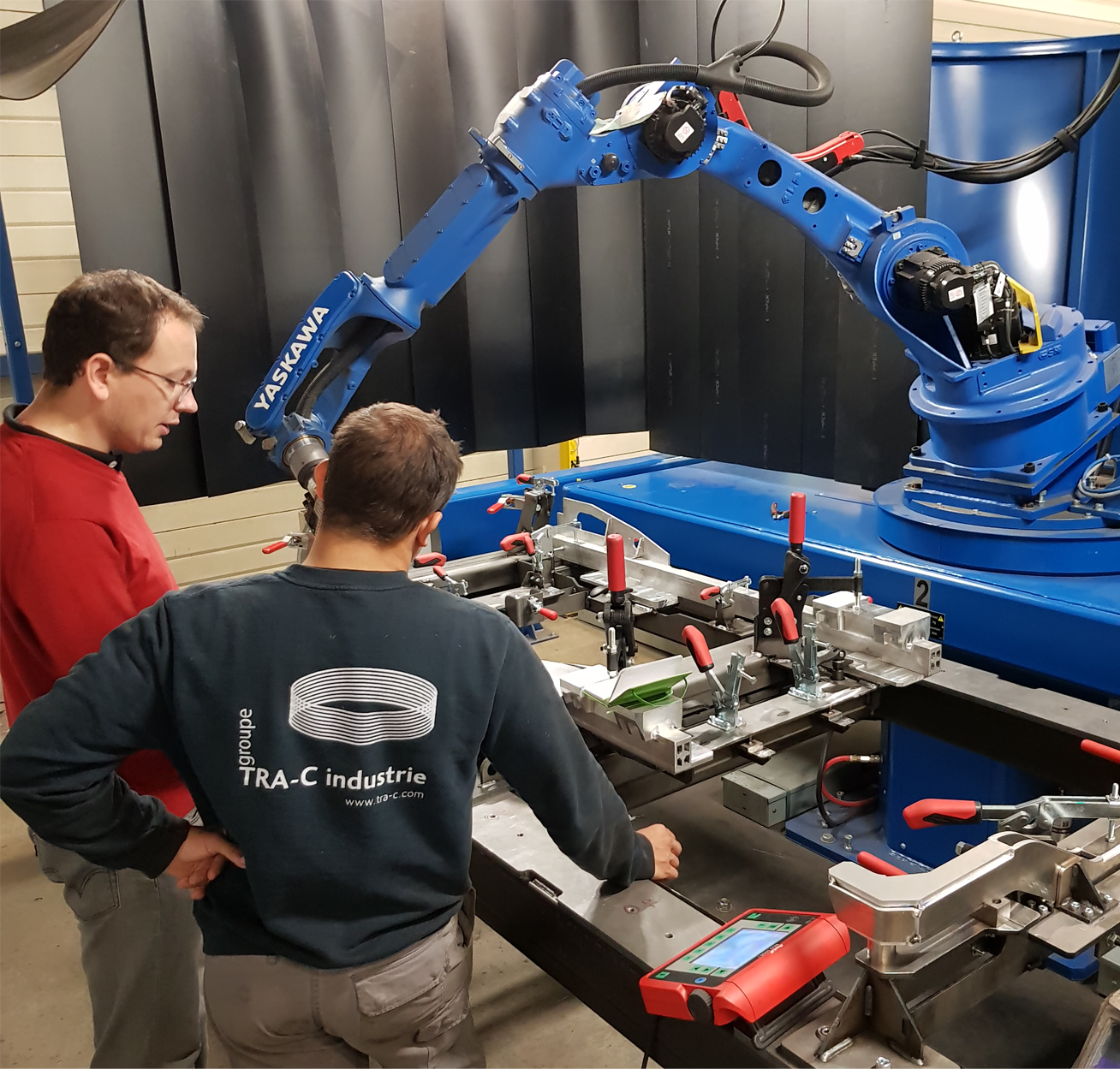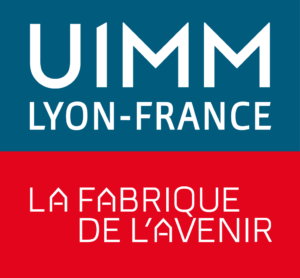The design stages of a special machine, the custom industry
The integration of a special machine into a production line is now an ideal solution to solve what standard equipment cannot accomplish. Custom-designed and unique or limited, it is a major key to the development of Industry 4.0. For a special machine, what is the right definition? In what area are special machines your allies? What design steps must be taken? TRA-C Industrie answers your questions and explains how important expertise and experience are at every stage of your project.

The integration of a special machine, a logic of innovation to meet the challenges of the market
For companies, the need to constantly maintain optimal performance is at the forefront of their concerns. Adaptability, reactivity to market expectations, the ability to overcome obstacles or to innovate in order to stand out, these are essential criteria to ensure their sustainability.
But how can you invest in a new project or make a product evolve when the usual equipment irremediably blocks production? This is precisely where the special machine comes in. Its definition? A specific work tool designed to give back potential to companies.
For more than twenty years, TRA-C Industrie has been supporting the most demanding industries by putting its capacity for innovation at their service. From the specifications to its maintenance, we operate at all stages of the realization of special machine or particular tooling.
Tooling or special machine, a definition to make it clear
In today’s competitive environment, agility and productivity are more important than ever to the industry. In the field, this means that it must be able to overcome obstacles. This is how the special machine finds its best definition: an original work tool, customized to respond very precisely to a specific production problem.
When the usual machine tool cannot cope with the requirements of the field, then the realization of a special machine solves the problem. And there are many opportunities! As soon as the conditions of intervention on an automated line are unsuitable for humans or exceed their natural abilities, it takes over. The mobile robot designed for deep-sea construction sites, or the one sent to live on Mars, or even the one capable of endlessly repeating the application of paint or extremely fine drillings, are striking examples of special machines.
This is also the case whenever the type of production is out of the ordinary and no standard equipment can meet it: an orbital welding of unusual dimensions, a very large volume machining, an inaccessible assembly, a bending or a packaging which impose unusual characteristics. There are several types of special machines, interacting with humans or autonomous, on a fully automated production line or simply on one of the workstations.


The first design stage: the definition of a special machine and its specifications
A rare pearl, a five-legged sheep, a rare bird, whatever you want to call it, the special machine finds its definition in the singularity coupled with the irreproachable adequacy to the expectations of a company. To do this, the intervention of a multidisciplinary design office is essential. Indeed, to design a special machine from A to Z, one must be able:
- To perfectly identify your needs.
- To approach concepts of robotics, pneumatics, mechanics, electronics, electricity, while encompassing additional approaches sometimes very particular (in particular the example of special machine using gases, toxic, etc.).
- To conduct reliable projections using CAD and machine vision systems.
- To assess the environment: what will a special machine have to withstand on site? (Extreme conditions, temperature variations, etc.).
- To take into account the characteristics of the product or materials used.
- To be vigilant about logistical, regulatory and security constraints, the price of the special machine and its budget.
Achieving your objectives relies heavily on understanding all of these elements, regardless of the field in which the special machine will be used (agri-food, aeronautics, automotive, market gardening, pharmaceutical, etc.). By understanding your stakes, your objectives and your limits, you can be sure that your specifications will be meticulous. The TRA-C Industrie group, manufacturer of special machines in Lyon, offers you a global support including the assistance to the specifications.
Second design stage: the realization of the special machine
The objective of the industry is to be able to guarantee the reliability and the quality level of the production. The TRA-C Industrie group shares an identical approach. That’s why, whatever the type of special machine, we design and build it in-house.
Our teams are composed of engineers, doctors, designers and technicians. Each one has its own expertise and know-how and puts it at the service of your project. Once you validate the proposed solution, the manufacturing, assembly and tuning phase of your special machine can be launched. Its programming is entirely done by our staff.
Upstream of your project as well as downstream, this operation assures us not only to master each technology involved, but also to guarantee you the CE certification of your special machine.


Third step: integration of a special machine on site
Our teams support you until the final stage of your project, within the walls of your production site. We take care of the installation of your machine in your premises and we test it with you. This is a crucial step in controlling the commissioning and handover phase.
We attach great importance to the continuity of your support in the medium or long term. We therefore offer to provide maintenance for any type of special machine that we have designed for you. In addition, we train your employees in their working environment, both in the use and maintenance of your new equipment. You can therefore benefit from a global, turnkey support.









